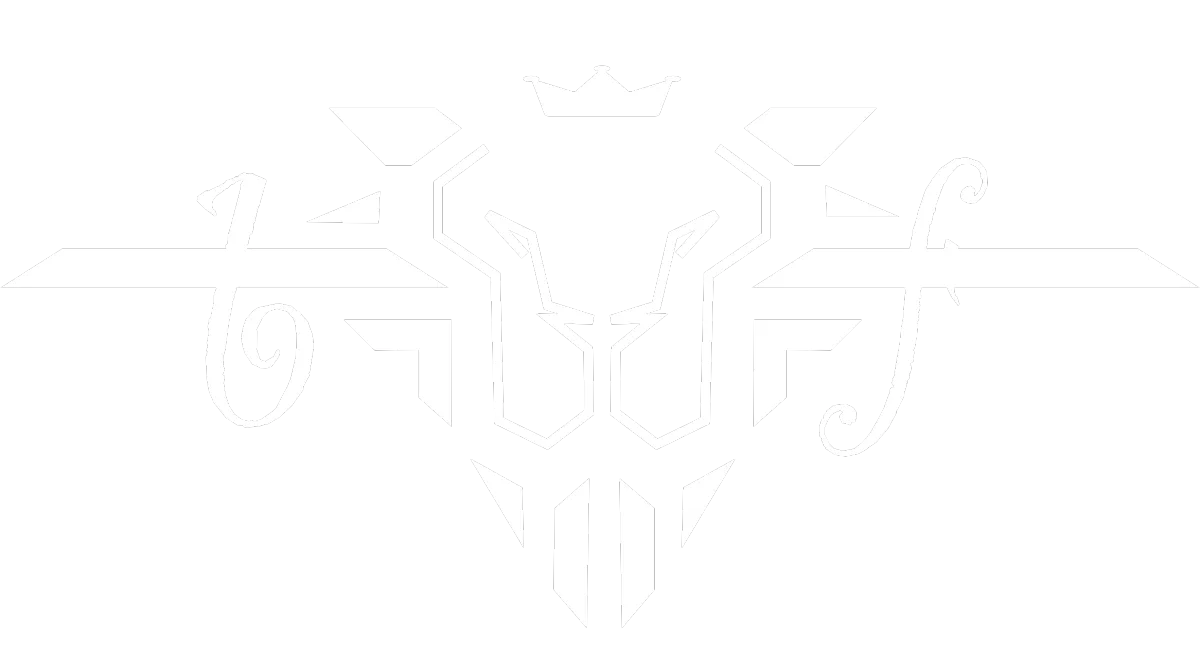BECOMING WHO THE ROLE REQUIRES
In coaching high-performing leaders across a spectrum of industries, I've frequently observed a particular narrative: the leader as a hero. This archetype is compelling—heroes are strong, decisive, and indispensable. They're often the smartest, most competent person in the room, capable of swiftly resolving crises and driving rapid growth. But this very strength eventually becomes their greatest liability, limiting both personal and organizational growth.
Extensive research in leadership psychology supports the challenges inherent in the heroic leadership style. Harvard Business Review’s landmark article by Peter Fuda and Richard Badham ("Fire, Snowball, Mask, Movie," 2011) vividly outlines how hero leaders unintentionally stifle growth. These leaders, despite their good intentions, create environments overly dependent on their expertise and intervention. This not only hampers team empowerment and innovation but also places unsustainable pressure on the leader, leading to burnout and stagnation.
Consider a tech founder I worked with—a genuine visionary whose hands-on approach initially propelled his startup to massive early success. His talent and problem-solving abilities earned him admiration and trust from his team. However, as the company scaled, his leadership style created a significant bottleneck. Every critical decision still required his input, every strategic direction hinged on his personal approval, and innovation stagnated because team members had unconsciously learned to defer to his judgments rather than develop their own.
Breaking this cycle required helping him redefine his understanding of leadership. We worked on shifting his identity from "hero" to "facilitator of heroes," emphasizing empowerment and distributed leadership. Research by Liz Wiseman, detailed in her influential book "Multipliers" (2010), illustrates how leaders who amplify their teams' capabilities (multipliers) dramatically outperform those who monopolize decision-making (diminishers). By consciously stepping back, the founder gradually enabled his team to step forward, resulting in greater organizational agility, innovation, and performance.
Making this shift involves several critical steps:
From Decision-Making to Decision-Enabling: Leaders must shift their focus from making all key
decisions to creating conditions for others to make effective decisions themselves.
Cultivating Psychological Safety: Amy Edmondson’s extensive research at Harvard underscores the
essential role psychological safety plays in high-performing teams. Leaders must create
environments where risk-taking, experimentation, and candid feedback are the norms.
Modeling Vulnerability: Brené Brown’s groundbreaking studies on vulnerability show that when
leaders openly acknowledge their limitations and solicit help, they build deeper trust and inspire their
teams to take greater initiative and ownership.
The journey from heroic leadership to facilitator of heroes isn't easy; it demands humility, self-awareness, and a willingness to let go of control. Yet, as countless studies and my own coaching experience clearly illustrate, the shift pays profound dividends. Organizations transform from fragile entities overly reliant on a single individual to resilient, dynamic, innovative ecosystems propelled by empowered teams.
The true measure of leadership isn't how indispensable you become but how dispensable you make yourself. If you feel stuck in hero mode, recognize this as a pivotal moment—one offering the opportunity to redefine your leadership and unlock extraordinary growth.
